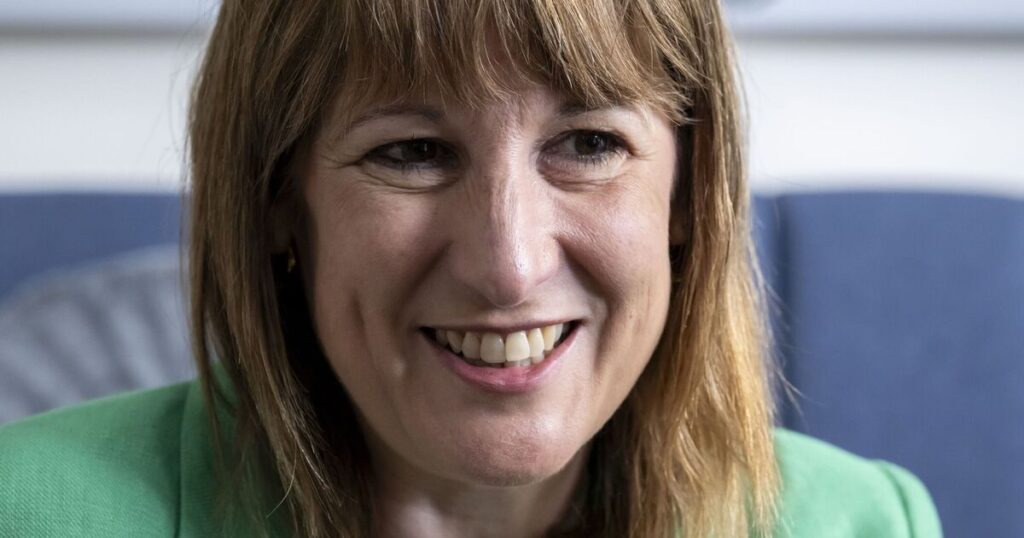
Households are putting aside more money than at any time in nearly two years, amid growing concern about the potential for future tax increases. Figures from the Office for National Statistics show the savings ratio – the proportion of disposable income not spent – rose to 11.1% in the first quarter of 2024. This is up from 9.3% in the final quarter of 2023 and marks the highest rate since the third quarter of 2021.
The increase comes as the Chancellor, Rachel Reeves, has pledged “iron discipline” over public finances and warned there is “no magic money tree”, saying: « Every commitment we make must be fully funded. That’s the approach I will bring to the Treasury.”
While Labour has ruled out rises in income tax, National Insurance and VAT, it has declined to make the same guarantees on capital gains tax, pension tax relief or inheritance tax – fuelling speculation about future changes to meet spending plans. The Institute for Fiscal Studies (IFS) warned shortly after the election that Labour had “not addressed the difficult choices on tax and spending that await”.
In its post-election commentary, the IFS said: “Without further tax increases or spending cuts, it is hard to see how Labour’s plans will add up.” The same ONS data showed real household disposable income rose by 2.5% in the first quarter of 2024 – the biggest increase in two years – but consumer spending barely budged, rising by just 0.2%.
Experts suggest the divergence reflects a combination of easing inflation, improved take-home pay, and continued consumer caution. Retail industry figures have also flagged ongoing uncertainty.
In a recent update, the British Retail Consortium said: “Consumer confidence remains fragile as the country continues to adjust to the high cost of living.” Labour is expected to present a full fiscal update in the Autumn Statement later this year, which will provide the first detailed insight into how Ms Reeves intends to meet her fiscal targets.
The Chancellor has reiterated her commitment to restoring economic stability, telling business leaders earlier this month: “I want to send a message to businesses across the UK and around the world: Britain is open for business.”
